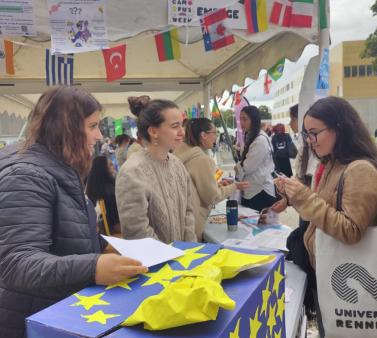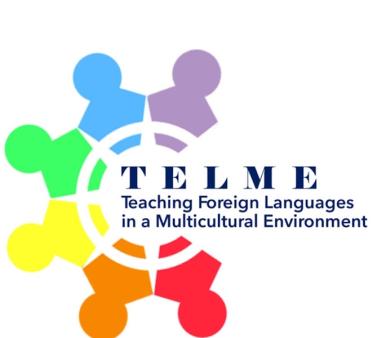Project Description
The GAMEland project aims to prepare future university graduates for entry into the European labour market by promoting new innovative educational practices and developing and popularising a model of increasing language competences through a gamification approach.
Gameland will also help develop soft skills through the use of innovative teaching methodologies based on simulations, realistic games and scenarios, which will be closely linked to the authentic labour market situation.
Project Details:
Coordinator: Universita Degli Studi di Napoli Federico II (Italy)
Project Partners:
UNIWERSYTET IM. ADAMA MICKIEWICZA W POZNANIU
BURDUR MEHMET AKIF ERSOY UNIVERSITY
SMARTED SRL
LVIV POLYTECHNIC NATIONAL UNIVERSITY
Project type: Erasmus + Strategic Partnerships
Grant amount: 250,000 euros (50,176 euros for UR2)
Project duration: from 1st October 2022 until 30th September 2025




